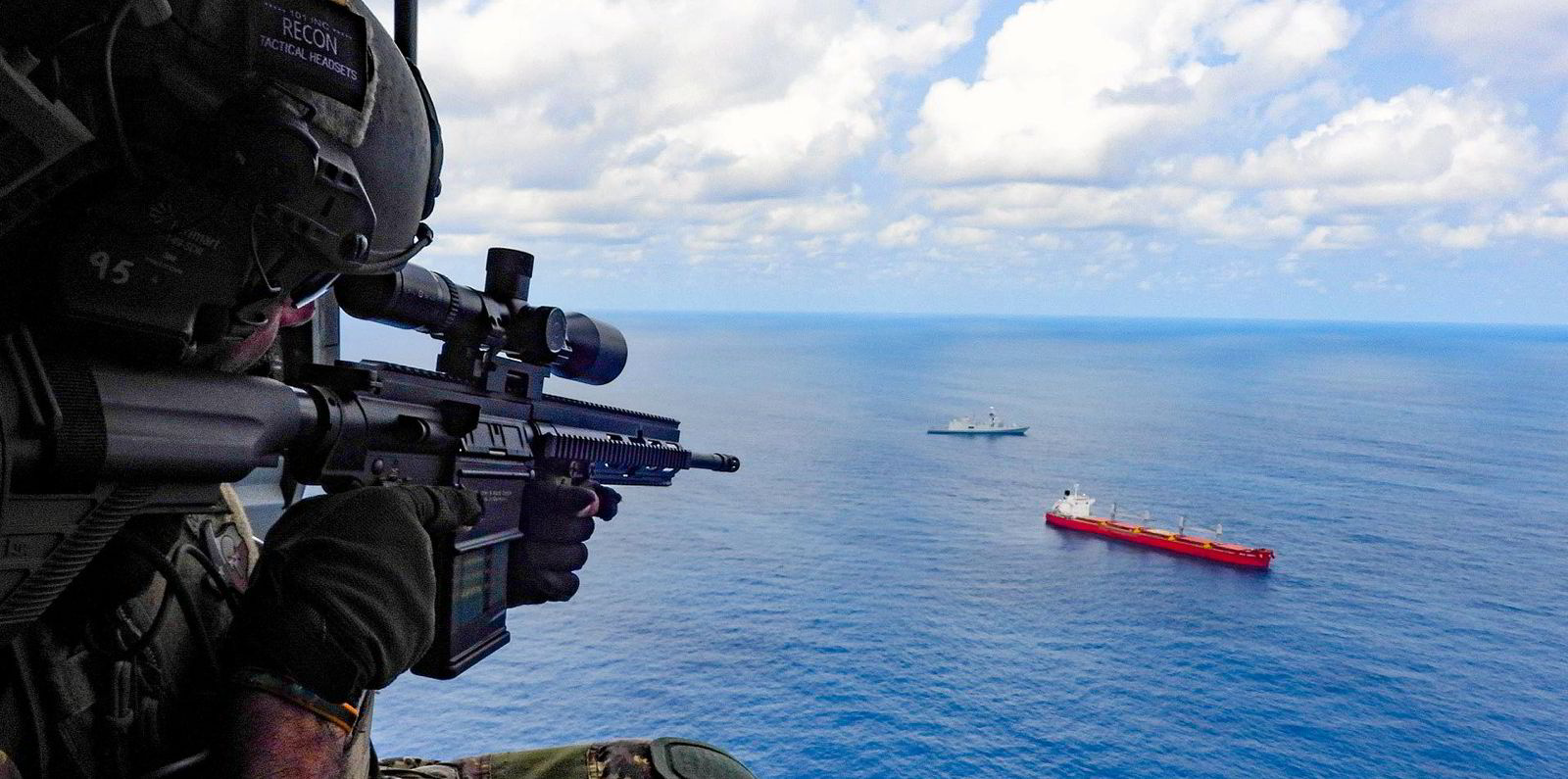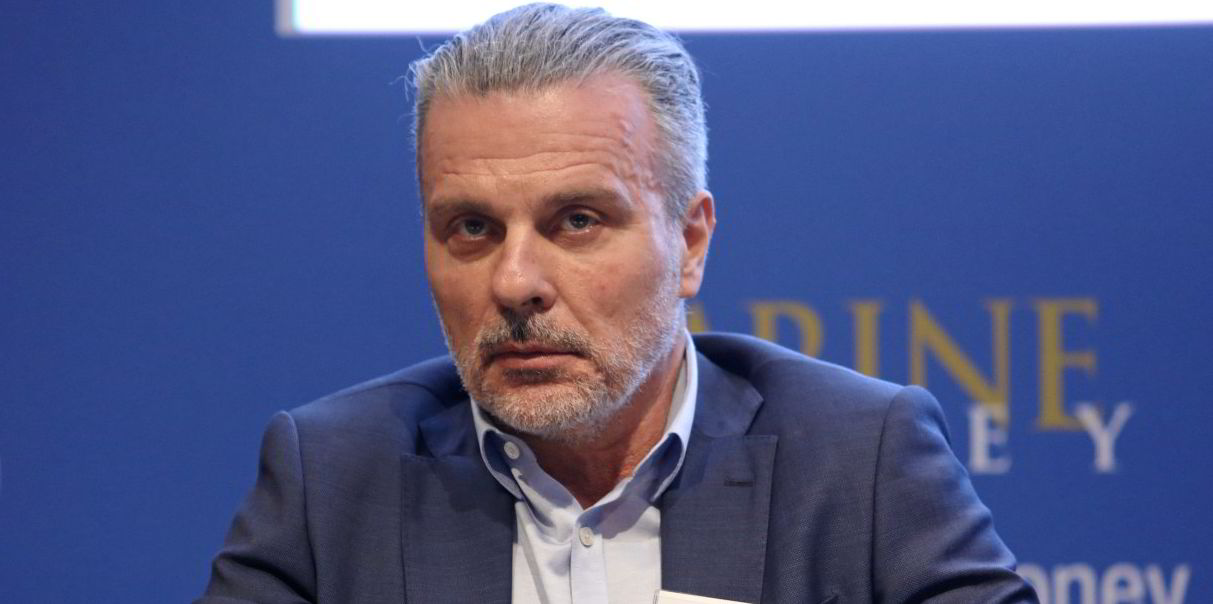The Gunvor Group has lost an appeal to the UK’s highest court in a dispute over a piracy ransom payment that has implications for the industry during the current Red Sea crisis.
The ruling by the Supreme Court backed Greek shipowner Herculito Maritime in a dispute with the charterer over responsibility for a $7.7m ransom paid to Somali pirates in 2011 to secure the release of one of its product tankers.
But it also provided clarity on the legal rights for shipowners to deviate from the Gulf of Aden to travel around the Cape of Good Hope to avoid war risks, the shipowner’s barrister Guy Blackwood said in a commentary.
Shipowners would not be able to change route unless circumstances were “qualitatively different” from when the charter party was agreed, the ruling said.
“This might be of immediate significance in the context of attacks by the Houthi movement on commercial vessels in the Red Sea,” Blackwood wrote.
The 72,800-dwt MV Polar (built 2005) was seized in October 2010 in the Gulf of Aden while carrying fuel oil from St Petersburg in Russia to Singapore. It was held for 10 months before it was released.
The ship was chartered in September 2010 to Clearlake Shipping, part of the Geneva-based Gunvor group, which took out war risk and kidnap, and ransom insurance policies.
Herculito also took out additional hull, machinery and war risk insurance to cover the vessel’s transit through the Gulf of Aden.
After the release of the vessel, Herculito Maritime claimed $4.8m from the shippers as part of a general average settlement. But Gunvor argued that the payments should not be part of general average and the ransom payments should be the sole responsibility of the owner.
In its ruling on Wednesday, the court found in favour of Herculito. It said “the shipowner was not precluded from claiming for such losses against the bill of lading holders”.
The case had been seen as one of the last relating to Somali piracy, which was at its highest from 2007 to 2012, before declining rapidly.
But the first successful hijack for six years last month has raised concerns over a new spike in cases.
The seizure by suspected pirates of the 41,600-dwt Bulgarian handymax bulker Ruen (built 2016) in mid-December was followed by the hijacking of several small Arab trading vessels that could be used as mother ships for further attacks, said the IMB Piracy Reporting Centre in its latest annual report.
Richard Neylon, the head of complex environments at law firm HFW, who worked on the Polar hostage release and dozens of other piracy cases, said the death of one seafarer during the case highlighted the toll of such cases on seafarers and their families.
He had personally counted out the $7.7m cash ransom to secure the release of 23 members of the Polar crew after “incredibly difficult” saga, he wrote in a LinkedIn post.
“I hoped that the Supreme Court decision might be the backstop for that dark period for the shipping industry,” said Neylon who worked with the shipowner on the case. “Alas, as we see from the instability in the Red Sea region, those hopes are dashed.”
Read more
- First contact made with crew of tanker hijacked by Iran, says Greek owner Molaris
- Somali pirates set for new attacks after breaking six-year hijack drought
- Cargo insurers will back Red Sea transits, says Patrizia Kern-Ferretti
- Singapore to deploy personnel, but no ships to support Red Sea task force
- Comment: How worried should shipping be about the resurgence of Somali piracy?
- Editor’s selection: Red Sea attacks continue to plague shipping





